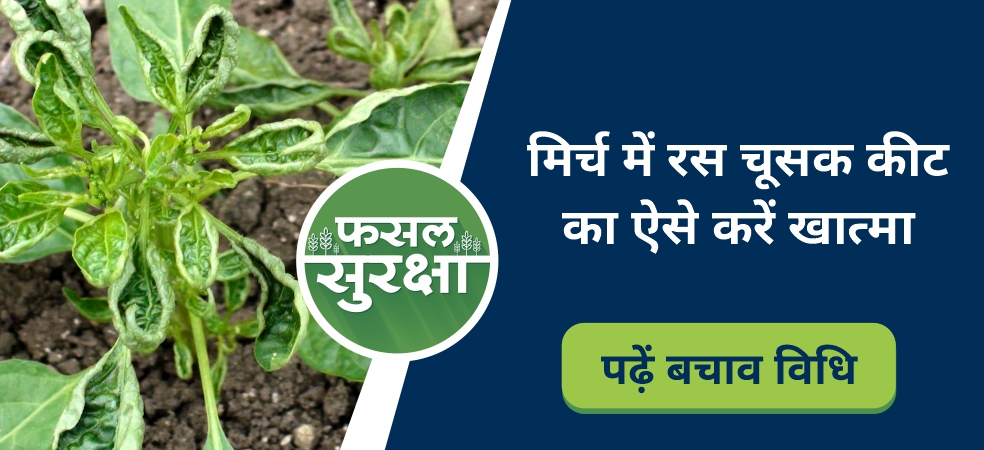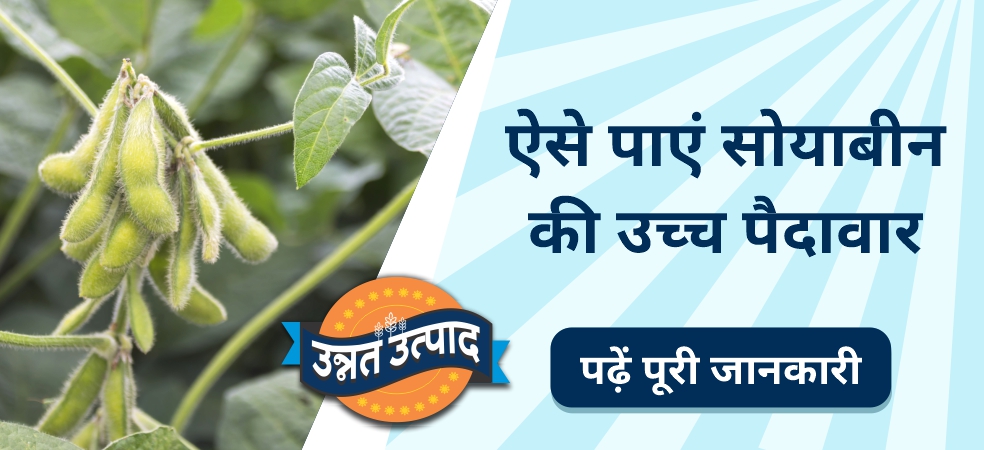-
Marigold is a trap crop in tomatoes, In which the adults of the fruit borer are more attracted and lay eggs on marigold flowers than on tomatoes. With this, the tomato crop can be saved from the outbreak of fruit borer.
-
On trap row (marigold) and tomato, the ratio of larval outbreaks is 3:1.
-
Due to this less damage has been observed in the main crop. But higher larvae were attracted to the lilies (trap). It is much better than other treatments. In this the cost is also less and the crop is also not affected.
-
Along with this, marigold is also produced, which can also earn profit.
ShareFor more such important information related to the agriculture sector, keep reading the articles of Gramophone daily. If you liked today’s information, then do not forget to like and share










